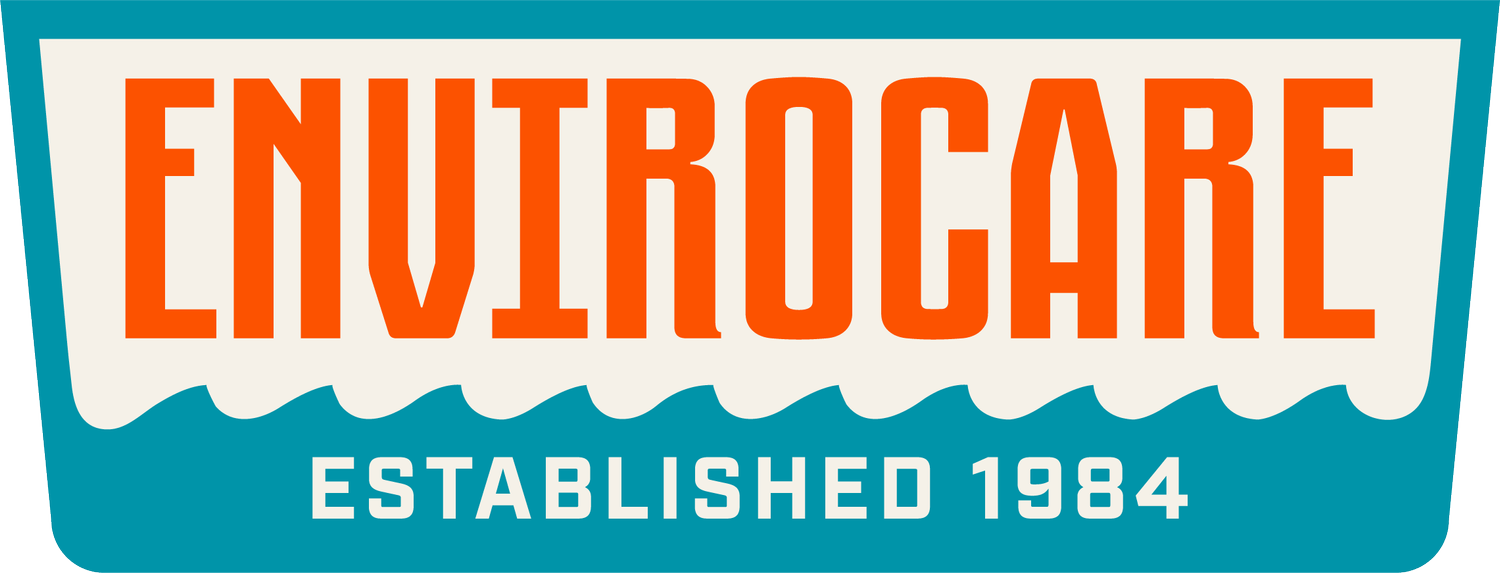What Every Restaurant Owner Should Know About Water Softeners
From cooking to cleaning, water quality impacts everything, including your dishwashing system. However, not all water is created equal. Hard water—water that contains high levels of minerals like calcium and magnesium—can wreak havoc on your kitchen equipment, particularly your dishwashers. That’s where a water softener comes in.
1. What is a Water Softener?
A water softener is a system designed to reduce the hardness of water. It does this by removing minerals like calcium and magnesium that are present in hard water. These minerals can build up over time, leading to problems like clogged pipes, inefficient dishwashing cycles, and even reduced appliance lifespan.
Water softeners typically use a process called ion exchange, where hard water minerals are replaced with softer ones, like sodium or potassium. This results in softer, cleaner water that’s less likely to cause damage to your equipment.
2. How Hard Water Affects Your Dishwasher
While hard water may seem like an invisible issue, it can significantly impact the performance of your commercial dishwasher. When mineral deposits build up on your dishes, glasses, and inside the dishwasher itself, you may notice:
Spots and Streaks on Glassware: Hard water minerals leave unsightly streaks and spots, especially on glasses and dishes. This can make your dishware look dirty, even when it’s freshly washed.
Inefficient Cleaning: The minerals in hard water can interfere with detergent effectiveness, meaning your dishes won’t come out as clean. Your dishwasher may need to run longer cycles, wasting both water and energy.
Mineral Buildup in Machines: Over time, calcium and magnesium can accumulate inside the dishwasher, forming limescale. This buildup can clog spray arms, damage heating elements, and cause your dishwasher to break down or operate less efficiently.
Shortened Equipment Lifespan: The constant exposure to hard water can cause premature wear and tear on your commercial dishwasher and other kitchen appliances. This can lead to costly repairs or the need for replacements sooner than you’d like.
3. Benefits of Installing a Water Softener
Investing in a water softener for your restaurant can have several benefits, particularly when it comes to maintaining your dishwashing equipment and improving the overall quality of your service.
Cleaner Dishes and Glassware: Softened water eliminates the mineral buildup that causes spots and streaks, leaving your dishware sparkling clean, which is especially important when serving customers. You’ll notice a significant improvement in the appearance of your glasses and dishes, helping to elevate the overall dining experience.
Improved Dishwasher Efficiency: Water softeners allow your dishwasher to clean more effectively and efficiently by reducing mineral buildup. This means shorter cycles, less detergent usage, and ultimately, a more efficient washing process.
Extended Equipment Life: Regular water softener use helps protect your commercial dishwasher and other kitchen equipment from the damaging effects of hard water. By reducing limescale and mineral buildup, you extend the lifespan of your machines and avoid costly repairs or replacements.
Lower Maintenance Costs: With softer water, you won’t need to spend as much on maintenance and repairs. Mineral deposits are less likely to clog filters, pipes, or heating elements, meaning fewer breakdowns and reduced downtime.
Sustainability and Cost Savings: Softened water can help reduce the detergent and water needed for washing, making your kitchen more eco-friendly and cost-efficient. In addition, water softeners reduce the energy required to heat water, contributing to lower utility bills over time.
Water softeners improve cleaning performance and enhance the appearance of your dishware, but they also help extend the life of your equipment, reduce maintenance costs, and boost overall efficiency. By ensuring that your kitchen is equipped with softened water, you’ll be able to provide better service to your customers while protecting your bottom line.
At Envirocare, we’re committed to helping restaurant owners achieve cleaner, more efficient kitchen operations. Contact us today to learn more about the best solutions for your business!

